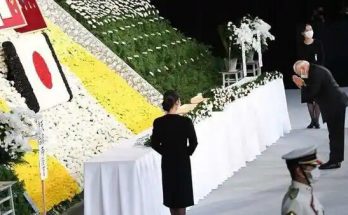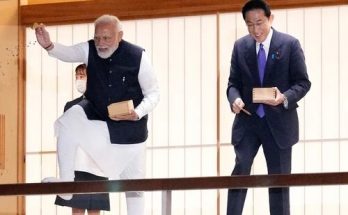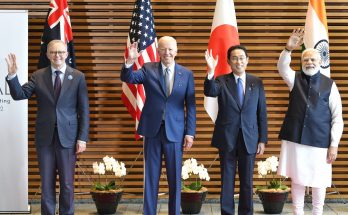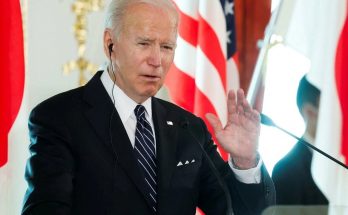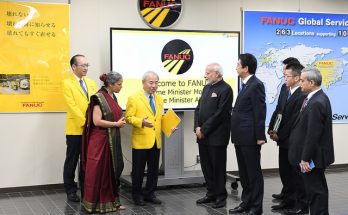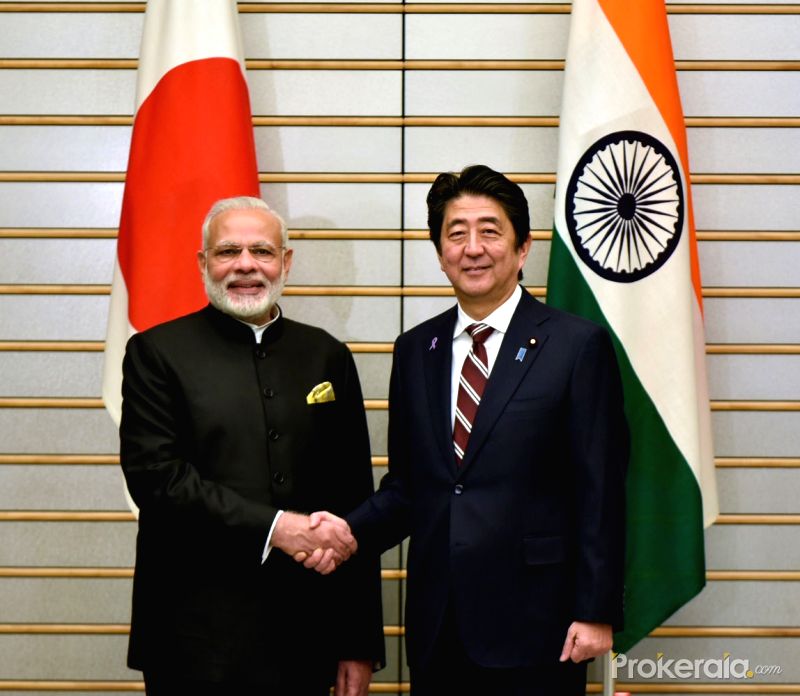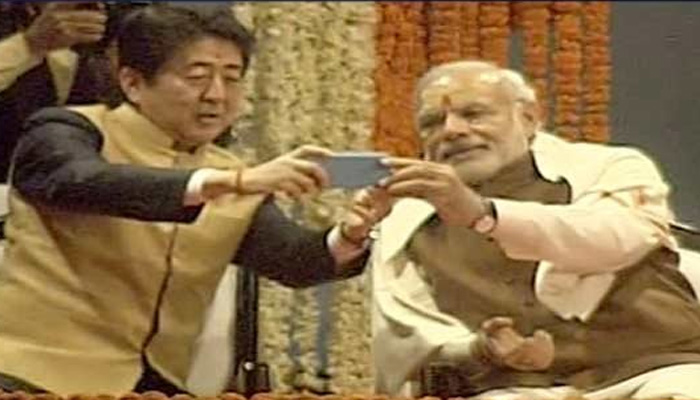Capping years of tortuous negotiations, India and Japan look set to sign a transformational civil nuclear deal during Prime Minister Narendra Modi’s November 10-12 visit to Tokyo.
The negotiations for the civil nuclear deal were completed during Japanese Prime Minister Shinzo Abe’s visit to New Delhi in December last year. The text for the civil nuclear deal has also been finalised, with all contentious issues sorted out. Since then, nuclear negotiators of both sides have completed a technical and legal scrub of the text of the nuclear agreement.
The agreement is expected to be signed after talks between Mr Modi and his Japanese counterpart Abe in Tokyo on November 11.
The signing of the nuclear deal will pave the way for acceleration of India-Japan relations in all areas as it’s the only issue that is restricting the full potential of the strategic partnership between Asia’s leading democracies, which are moving closer in the backdrop of perceived Chinese assertiveness in the region.
Read More